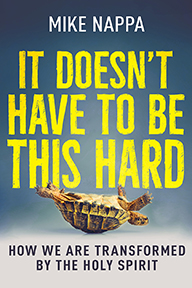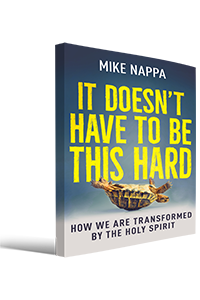An Editorial Team reason for rejection
If you have to get rejected (and you do), then at least this is a good reason for it. Here’s the way it works:
Although there are obvious exceptions, most editors plan their seasonal lists between 12 to 18 months in advance. For instance, this book you’re holding in your hands was actually contracted about 14 months before its initial release. I’ve had books released as early as nine months after contract, and others released a far off as 26 months. But typically anywhere from 12 to 18 months is normal.
Additionally, due to resource constraints (including human resources as well as cash flow) and market timing issues, a publishing house can only release a certain number of books in each season. This can be as few as one or two (for small publishers) or as many as a few hundred (for the major New York houses). Regardless, there are still a finite number of slots available in a publishing list each season. Each time a book is approved and contracted, it fills one of those slots.
Now, if I’m planning my spring/summer list for next year and I’ve only got 20 slots to fill, what am I going to do with that 21st book that’s contracted? Well, I’ll go ahead and drop it into one of the slots for the fall/winter list. But what happens if there are cutbacks at my publishing house and my fall/winter list get trimmed down to only 12 slots? Or what if a series I acquired two years ago is scheduled to release a new book in fall? Or what if last month I got three outstanding proposals that I also contracted and dropped into my fall/winter list?
Well, now it’s possible that I’m getting too far ahead in my acquisitions schedule. Instead of being 18 months out, I may be forced into planning 24 or 30 months into the future. That’s just too long to be able to predict with any real accuracy the success of a book. Our world moves too fast, and public opinions change too quickly. If I’m smart (and most editors are), I’m going to resist packing a book line beyond the next 18 months.
Ah, now you see the problem, right? What if your proposal lands on my desk right at the time when my publishing list for the next 18 months is already packed? Well, even if I want to publish your book, I’m going to look at my calendar, shake my head, and send it back to you with a rejection letter. And the scapegoat I’ll use is that silly old calendar that only allows 12 months in each year.
What You Can Do About It
1. Stay current on the economic news about the publishing industry.
This may not actually get you a contract, but it will help you to know when publishers are expanding or cutting titles. An e-newsletter like PW Daily (from Publisher’s Weekly) is an invaluable source of this kind of information. In fact, if you don’t already have a free subscription to this e-newsletter, then put down this book right now and go sign up for it. Go to PublishersWeekly.com and click on the “E-Newsletters” tab at the top of the page.
Once you’re getting a steady stream of publishing industry news, pay attention to layoff announcements. A cutback in personnel is almost always accompanied by a cutback in titles to be published, simply because there aren’t enough people left to maintain the previous load. Also look at quarterly profit statement announcements. A company that’s crowing about exceeding profit expectations also has money to spend on new books. And go ahead and check the job boards at a few companies. If one particular company is hiring several positions, that means cash flow is good and they are already planning to expand for the future.
2. Try pitching new books early in the year.
For many publishers, the new fiscal year starts January 1. Because of the spirit of a “New Year,” that’s also when many editors take a little time to get organized, catch up on dormant proposals, and begin laying out the pieces of their upcoming publishing plan.
You see the opportunities that arise from this kind of timing, right? If your editor’s departmental budget is suddenly flush with money again, and if the change from December to January already has her thinking brightly of the future, this could be a good time to pitch her a new idea.
One warning though: you won’t be the only one to try and take advantage of this situation. You’ll probably have increased competition for the editor’s attention in January and February, so make sure your book stands out!
3. Wait it out.
If you get a rejection because an editor’s publishing list is already full for several seasons ahead, you can also try to wait it out and re-submit. Be sure to ask permission, and if it’s granted, wait six months or a year and send a new query (reminding that you were invited to re-submit). This is kind of a longshot, and yes, it postpones your publishing opportunities, but in cases where the editor likes you already it can work.
Looking for more? Check out these links:









